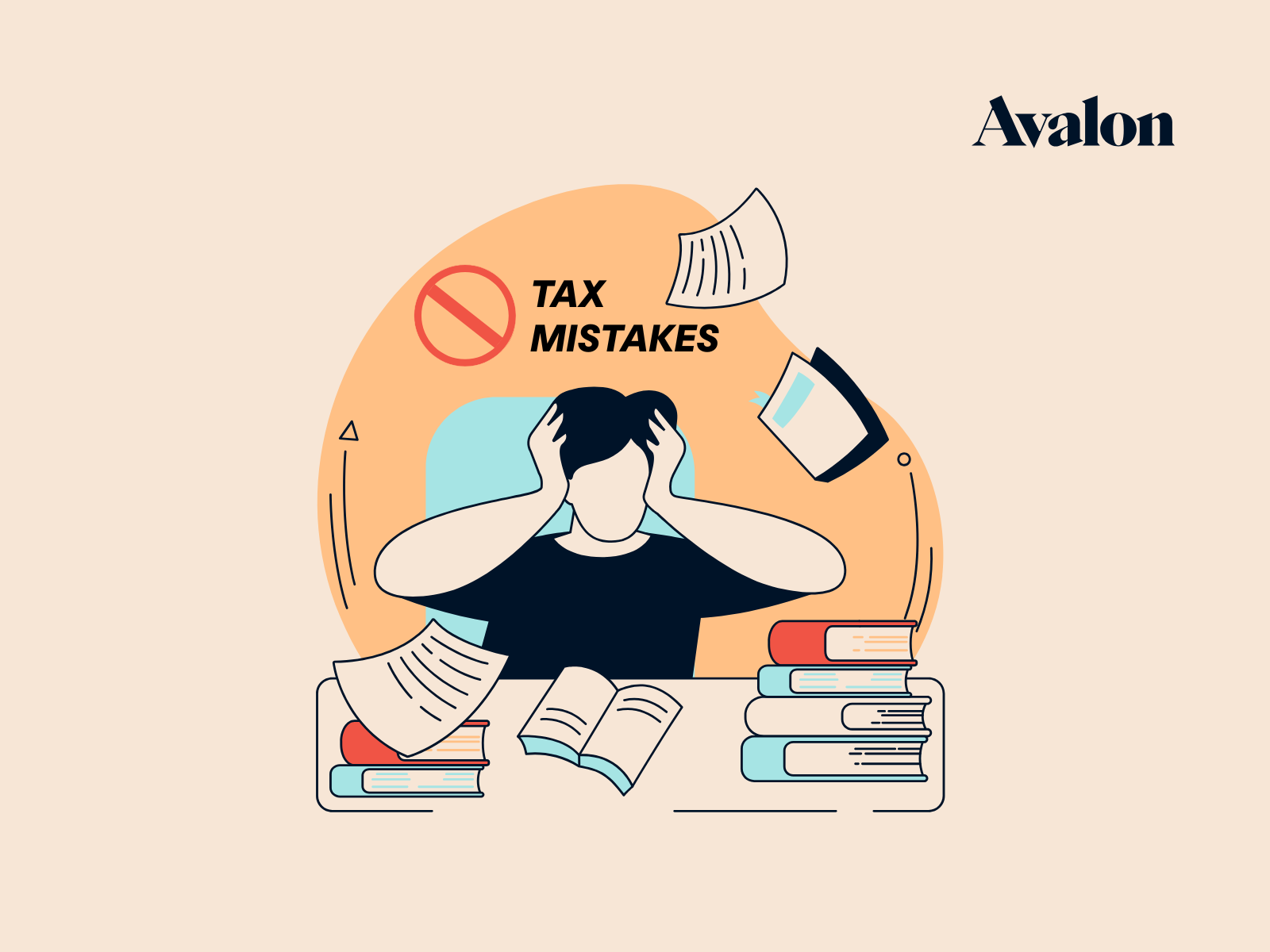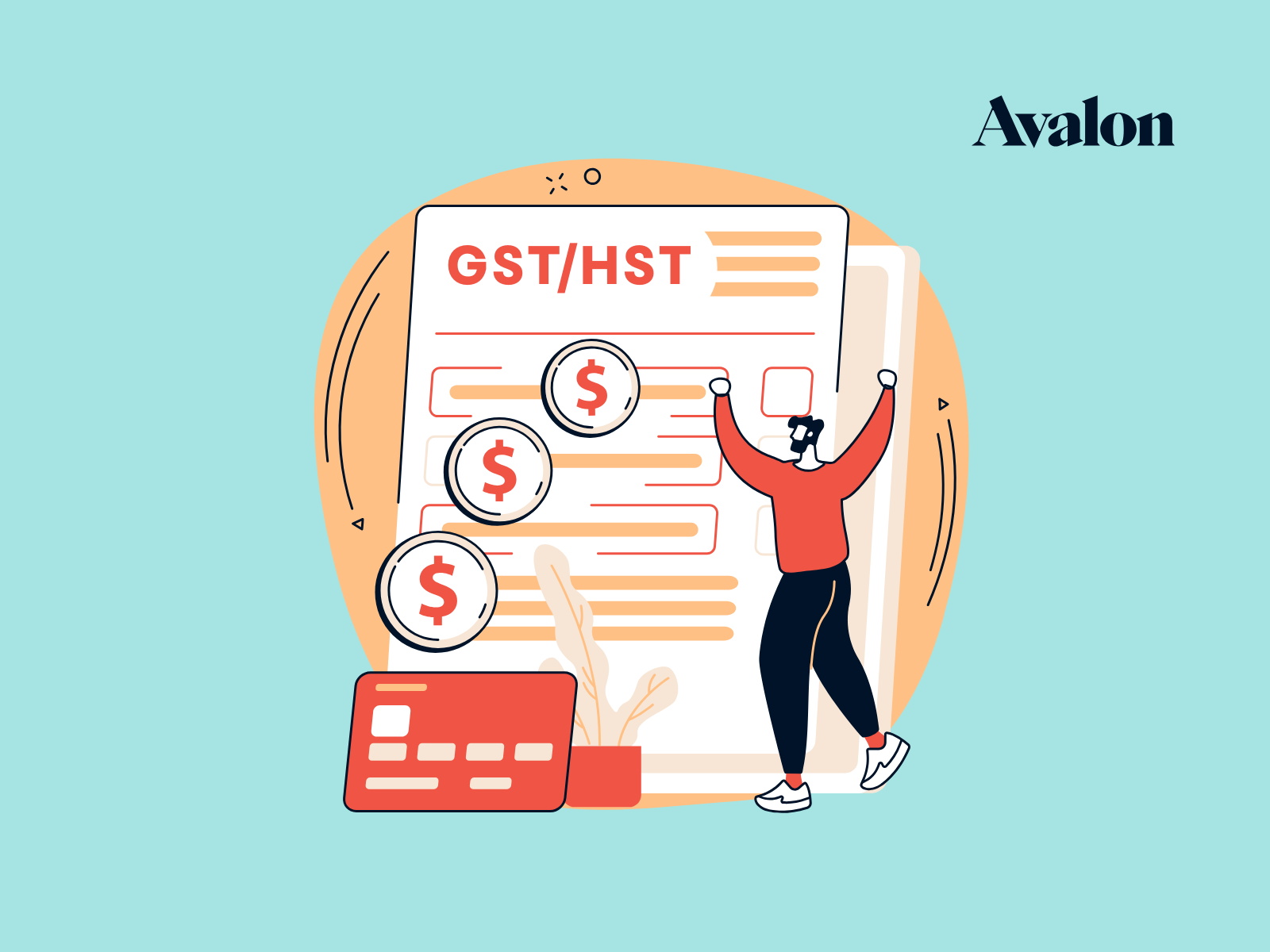If you're a small business owner in Canada, you’ve probably heard about the upcoming GST/HST holiday announced by Prime Minister Justin Trudeau.
From December 14, 2024, to February 15, 2025, certain goods, including children’s clothing, books, and car seats, will be exempt from GST/HST.
While this is good news for consumers, small business owners will need to make some important adjustments to ensure they comply with the new rules.
Here’s what you need to know about this change and how to manage it effectively.
What Is the GST/HST Holiday ?
Starting December 14, 2024, and running until February 15, 2025, the GST/HST Holiday is a temporary break from the usual Goods and Services Tax (GST) and Harmonized Sales Tax (HST) on a select group of essential items.
During this period, no GST/HST will apply to eligible products, including groceries, children's clothing, books, and more.
For businesses, the key takeaway here is that you’ll need to update your pricing and invoicing systems to reflect these changes. GST/HST will not be charged on these items during the exemption period, which could impact your accounting practices for the next two months.
What’s Covered by the GST/HST Holiday?
During this two-month period, eligible items will not be subject to GST/HST. These include:
- Children’s Clothing and Footwear
- Children’s car seats and toys
- Diapers
- Books (including printed and audio)
- Baby Items (e.g., diapers, car seats)
- Christmas Trees
- Certain Food and Beverages (including snacks, soft drinks, and baked goods)
For a more detailed list, check out CRA‘s Qualifyind Goods List.
How do I prepare my business for GST/HST Holiday?
At first glance, the GST/HST holiday might seem like a straightforward tax break for your customers, but it comes with a few logistical considerations for your business. Here's what you should be prepared for:
Know When to Apply the GST/HST Exemption
Starting December 14, 2024, and running until February 15, 2025, businesses must apply the GST/HST exemption to eligible items at the point of sale.
- For Goods Delivered and Paid For: If customers purchase and pay for qualifying items during this period, you’ll need to remove the GST/HST at checkout.
- For Imported Goods: Any goods that are imported between December 14, 2024, and February 15, 2025, and qualify for the holiday will also be exempt from GST/HST.
Updating Your Pricing
You'll need to ensure that your prices reflect the GST/HST holiday exemption. This means temporarily removing the GST/HST charge from eligible items at checkout.
Whether you're selling online or face-to-face, we recommend you prepare for this update as soon as possible. Doing so will help you stay compliant and ensure a seamless shopping experience for your customers during the GST/HST holiday.
- If you use a third-party platform to sell online (e.g. Shopify, Amazon, Etsy…), check with your provider to see if they can take care of the update for you, otherwise you'll need to adjust it manually.
- For those with a custom POS system, you should also coordinate with your provider to update the tax rates during the GST Holiday period.
- And if you’re manually invoicing through your accounting software, you‘ll have to manually remove GST/HST from qualifying items during the holiday period.
Zero Rated Tax Code
We recommend setting up a separate tax code in your point of sale system to track these sales of temporarily GST-free goods.
We suggest naming the new tax rate as something like “GST Holiday - Zero Rated” with a GST/HST rate of 0%.
“Zero-Rated” just means that the goods are technically still taxable, but at a rate of 0%. It also means this will not impact your ability to claim input tax credits (GST/HST paid on purchases).
Your accountant will be very impressed you knew about this technicality!
Cash Flow Impact
Removing the GST/HST from certain items means you’ll be collecting less tax revenue during the two-month period.
While this doesn’t affect your core sales, it can impact your overall cash flow. Be sure to monitor your financial position carefully, particularly if you typically rely on tax remittance payments for cash flow management.
GET HELP!!!
Managing these changes on top of your regular business operations can feel overwhelming.
If you're unsure about how to handle the GST/HST holiday or just want to make sure you’re doing everything right, don’t hesitate to reach out to your accountant. They’re here to help, and it’s always better to have someone by your side, especially when there are details to manage and deadlines to meet.
If you don’t have an accountant yet, consider consulting one. They’ll guide you through these changes, ensure you're staying compliant, and help keep your business running smoothly.
What to Do If You Accidentally Charge Your Customers GST/HST?
If feasible, refund the incorrectly charged GST/HST to your customer.
Otherwise, they will need to file a GST189 Rebate form to recover the amounts paid in error (keep on reading to learn more).
Unfortunately, this is the general advice available, but not very practical for consumers to spend hours completing and mailing a complicated form to recover a few dollars of tax.
How to Use the GST189 Rebate Form
If you happen to be incorrectly charged GST/HST during the GST/HST Holiday period (December 14, 2024 – February 15, 2025), you can claim a rebate using Form GST189.
You‘ll have to file your rebate application within two years after the day you paid or remitted the amount in error.
CRA allows you to send only one application per calendar month.
To make sure you get your refund, follow these simple steps:
- Keep your receipts. For your rebate request to be approved, you will need to provide the original receipt showing the incorrect GST charged. Consider taking a digital copy to keep your records safe.
- Download the Form GST189.
- Fill Out the Form: In Part B, make sure to select reason "1C" for amounts paid in error.
- Submit Your Form.
How to Submit Your GST189 Rebate Form
Online:
GST/HST Registrants:
Log into My Business Account or Represent a Client.
- To offset the rebate on your GST/HST return, report it on line 111 using the "File a Return" service.
- If you're not offsetting it, use the "File a Rebate" service.
Individuals and Non-Registrants:
Use the "File a GST/HST Rebate" service in My Account.
By Mail:
If claiming with your GST/HST return, include the form with your return and note the rebate on line 111.
Otherwise, send your completed form to:
Atlantic Tax Centre
GST/HST Rebates Processing
275 Pope Road
Summerside, PE C1N 6A2
Wrapping It Up: Stay Compliant and Confident
We hope this article has been helpful as you navigate the GST/HST holiday.
If you need to navigate this update, feel free to reach out.
We’ll do our best to assist where we can!












